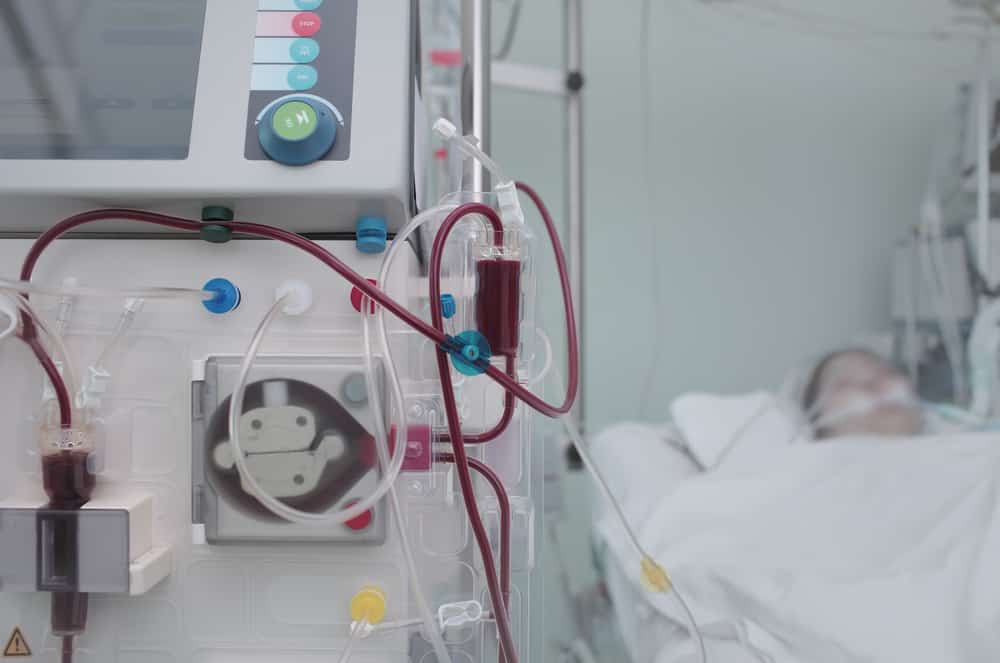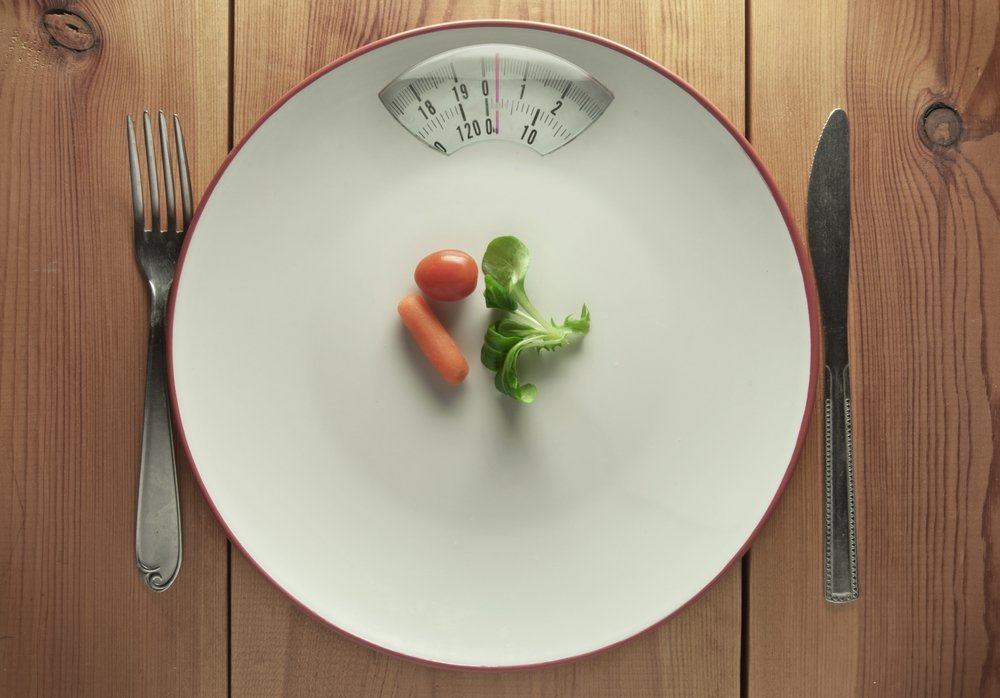Contents:
- Medical Video: Dialysis | Nucleus Health
- Why is dialysis done?
- What is the dialysis procedure like?
- Are there risks from undergoing dialysis?
- Preparations must be made before dialysis
- Expected results after dialysis
Medical Video: Dialysis | Nucleus Health
Have you or your family member been advised by a doctor to undergo a dialysis procedure? Just hearing the name can make the hair goose bumps. Actually what is meant by dialysis or in medical language known as hemodialysis? Is this procedure safe?
Why is dialysis done?
The kidneys are a pair of organs that are about the size of a fist, and are located on both sides of your waist. Kidneys that work well function to prevent excess fluid, waste products, and poisons in the body. The kidneys also help regulate blood pressure and chemical levels and electrolytes in the blood, such as salt and potassium. In addition, the kidney is a place to activate vitamin D to increase calcium absorption in the body.
When your kidneys cannot work properly (due to illness or trauma), the treating doctor can recommend a procedure called hemodialysis, aka dialysis. Dialysis helps replace kidney function so that the body can still have a balance of functions. However, keep in mind that dialysis cannot cure kidney disease or other conditions that affect the work of the kidneys, therefore, other treatments are still needed.
What is the dialysis procedure like?
Dialysis is a procedure to filter blood with the help of a machine called dialysis. Without dialysis, the remaining products and salts in the body will accumulate in the blood and settle into toxins.
To drain your blood to the machine, the doctor will make access to your blood vessels through surgery. Access to these blood vessels will drain a lot of blood from the body so that filtered blood will be enough and easily out of the body. This blood vessel access can be both long-term and short-term, depending on the medical condition you have.
The dialysis procedure is usually done in a hospital and lasts for three to five hours. You may need to come to the procedure several times a week, depending on your condition and medical needs. Before dialysis, your weight will be weighed, as well as after, this aims to measure how much excess fluid can be taken from your blood.
Are there risks from undergoing dialysis?
Hemodialysis aims to save your life, but that does not mean this procedure has no risk. You might experience the following:
- Low blood pressure
- Anemia
- Muscle cramp
- Difficulty sleeping
- Itchy
- High potassium levels in the blood
- Depression
- Pericarditis (inflammatory membrane around the heart)
Notify health care provider immediately if you experience any of the above symptoms or feel uncomfortable during the procedure.
Patients with kidney failure who undergo dialysis for very long periods of time also run the risk of experiencing a medical condition called amyloidosis. This disease can occur when the levels of amyloid proteins produced by the bone marrow accumulate in organs such as the heart, kidneys, and liver. This condition usually causes a person to experience joint stiffness and pain, and swelling in the joints.
Preparations must be made before dialysis
Before your first dialysis, the doctor will do a small operation to make access to your blood vessels. This access can contain small tubes or a small machine that is planted into a blood vessel. Once you have access to blood vessels, you are ready to undergo dialysis.
Wear clothes that are loose or comfortable when coming to the hospital to undergo hemodialysis. Your doctor may also ask you to fast before the procedure if necessary.
Expected results after dialysis
Not all kidney disorders are permanent. Hemodialysis can be temporary and aims to replace kidney function so that your kidneys can return to normal functioning. But chronic kidney failure will usually be difficult to improve.
In most cases, people with certain kidney diseases have to undergo dialysis for life or wait until a kidney transplant can be done. Consult your doctor about this.












